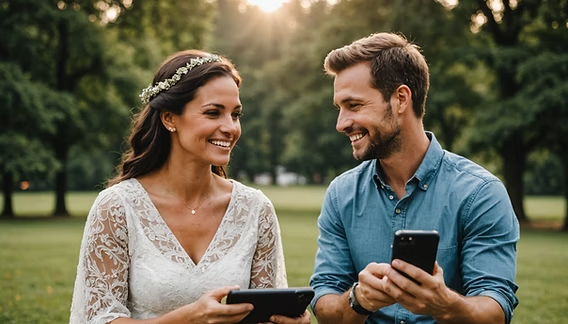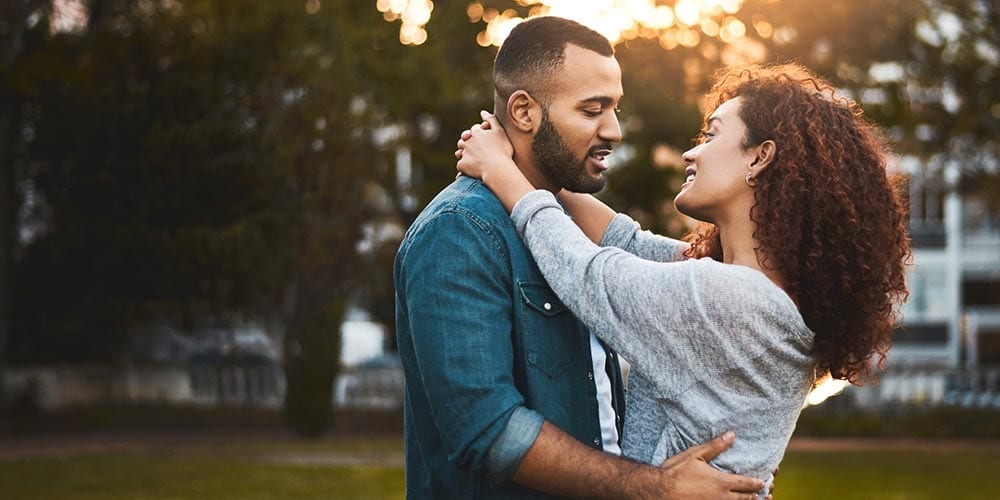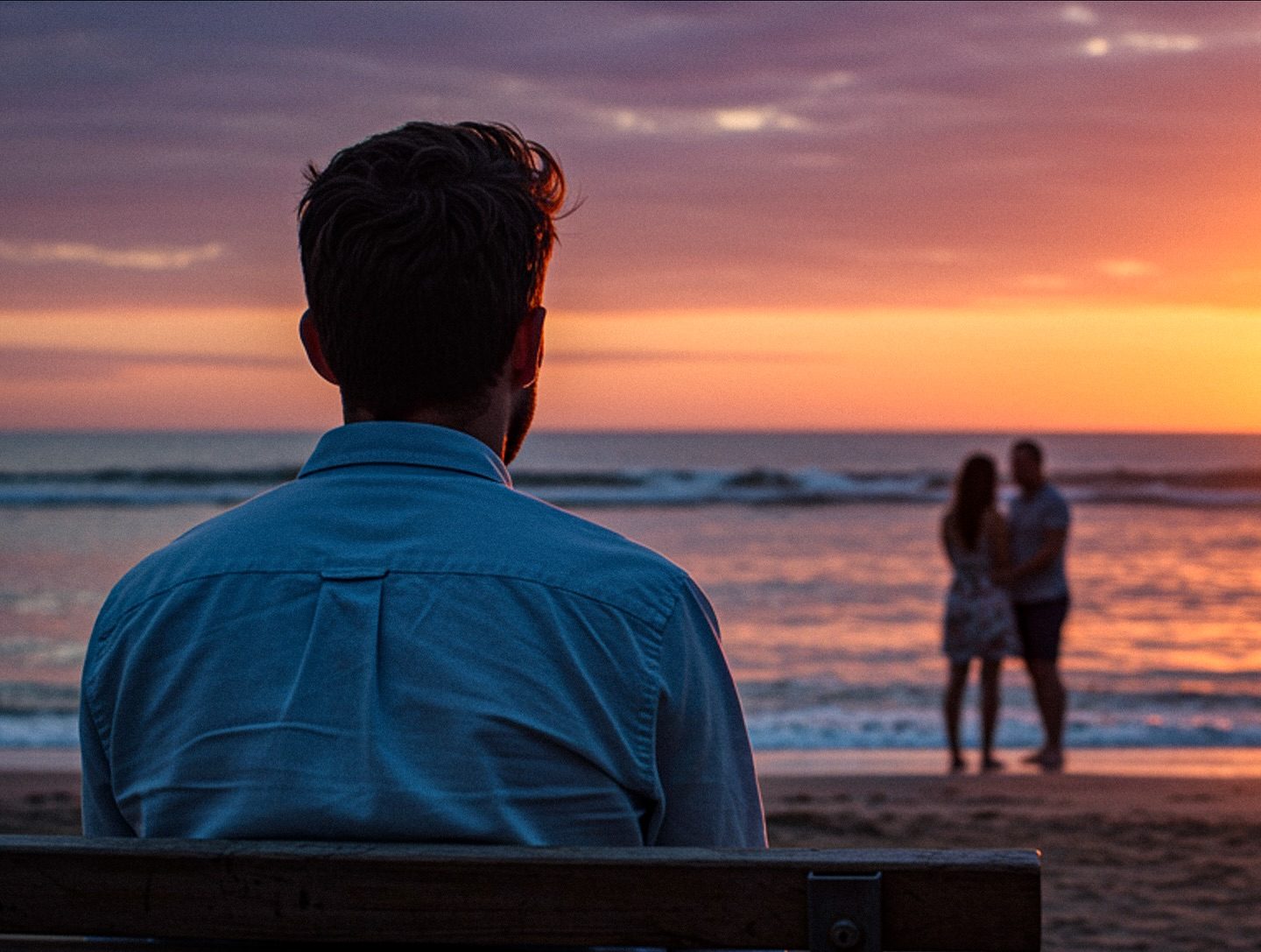1 in Every 4 Adults Will Stay Single for Life – And That Number Is Only Growing
It’s a quiet truth that most people don’t talk about until it’s staring them in the face. You spend your twenties thinking love will just happen. You scroll through wedding pictures, swipe right on apps, make excuses for bad dates, and tell yourself it’ll all work out someday. But for more and more people, “someday” never really comes. According to recent studies, 1 in every 4 adults today may remain single for life — never getting married, never settling down, never officially becoming part of someone else’s forever.
That number used to feel unthinkable. Just a generation ago, marriage was something almost everyone did — often in their early 20s. It was assumed, expected, and in many ways, celebrated as a natural part of adulthood. Now? The story is shifting. In 2021, a quarter of Americans in their 40s had never been married. And by 2023, almost 44% of U.S. adults were not living with a partner at all. The idea of “growing old alone” isn’t a rare fear anymore — it’s a statistically probable outcome for millions.

There are endless reasons for this shift, and none of them have one clear answer. For some, it’s a conscious choice — a rejection of traditional norms or an embrace of independence. For others, it’s not a decision at all, but a result of failed attempts, broken trust, or just not finding someone who fits. Dating has changed. Love has changed. The entire rhythm of how people meet and build a life together has been disrupted by everything from technology to economics.
You hear a lot of people say things like “I’m focusing on myself” or “I don’t need someone to complete me” — and that’s powerful. But it’s also okay to admit that being single for life isn’t what most people envisioned for themselves. There’s a quiet grief in realizing you might not get to build a family the way you imagined. That maybe, just maybe, your story won’t involve someone waiting for you at home after a long day. And the world doesn’t always make it easy to talk about that kind of sadness — especially in a time when independence is celebrated, and vulnerability is seen as weakness.

But here’s the thing: being single doesn’t mean being alone. It doesn’t mean you’re unloved or broken or incomplete. In fact, many single adults build deep, meaningful connections with friends, communities, and even their careers in ways that people in relationships often struggle to maintain. The path looks different — but different doesn’t mean worse.
Still, this trend matters. Not because being single is bad, but because we need to talk about what this new reality means. For mental health. For financial planning. For aging. For happiness. As society shifts, so should the support systems that once centered around nuclear families. More people are living alone. More people will grow old without a spouse or children. That deserves attention, empathy, and policy — not silence.

Whether you’re single by choice or circumstance, you’re not alone in feeling conflicted. The world is changing. Relationships are evolving. And maybe, just maybe, it’s okay that your version of “happily ever after” looks different than what you were told.

